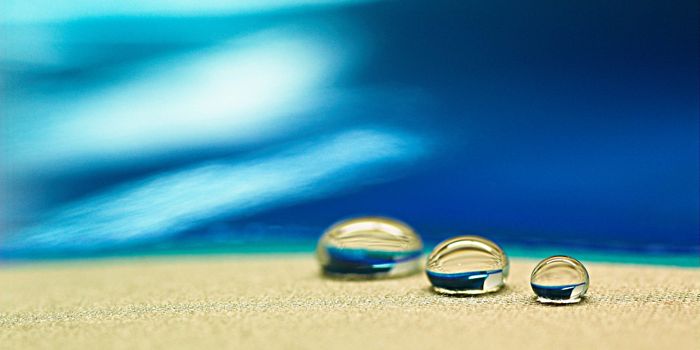If you've ever paid attention to the number of times your body itched each day, the count could be well over several dozens. While these sensations are bothersome, are itches totally benign? And if so, why did we evolve to still scratch ourselves?
Evolutionary biologists think itching is an adaptation that alerted our ancestors from toxic plants and poisonous animals. The itching sensation cues us to ask for help and also teach others around us to avoid exposure in the future. It worked in the past, and it's still working now. For example, we've been taught how to recognize and avoid poison ivy. But if we happen to forget, the itching sensations will be a no-fail reminder to seek treatment.
Molecularly, the itching sensation is caused by a protein called neuropeptide natriuretic polypeptide b (Nppb). This is released by nerve cells in response to a trigger, like poison ivy or mosquito. This chemical is responsible for telling your brain to start scratching. What's the molecule that stops the itch, though? Scientists are still working on this part of the puzzle.








